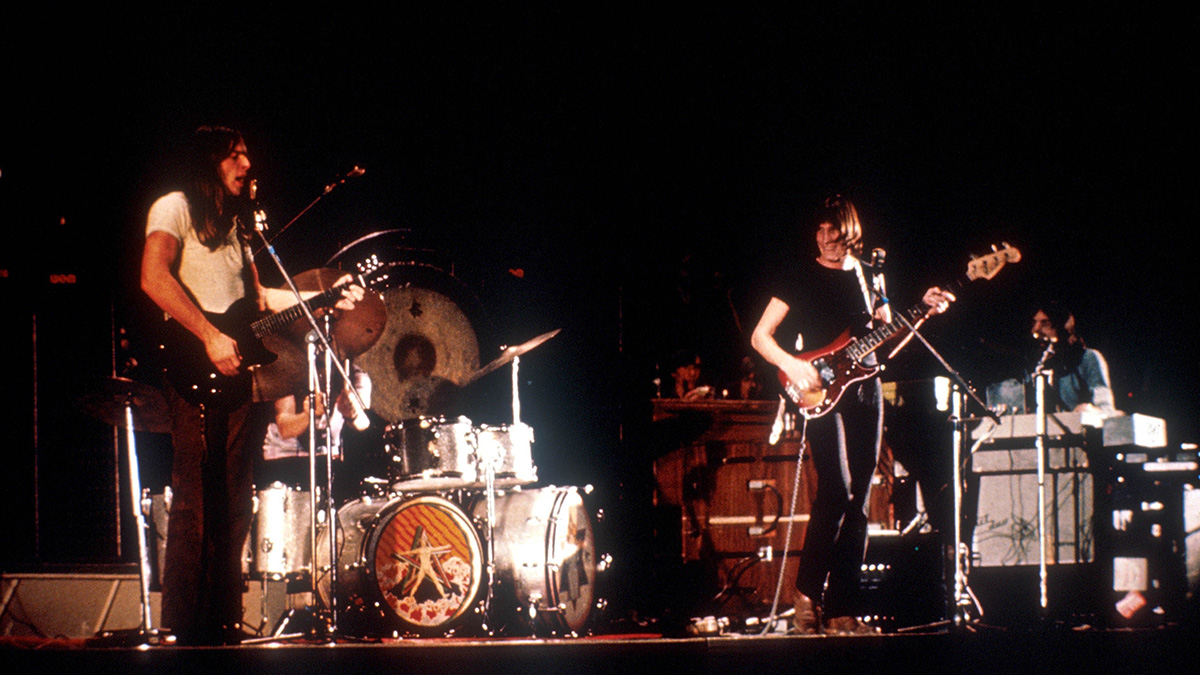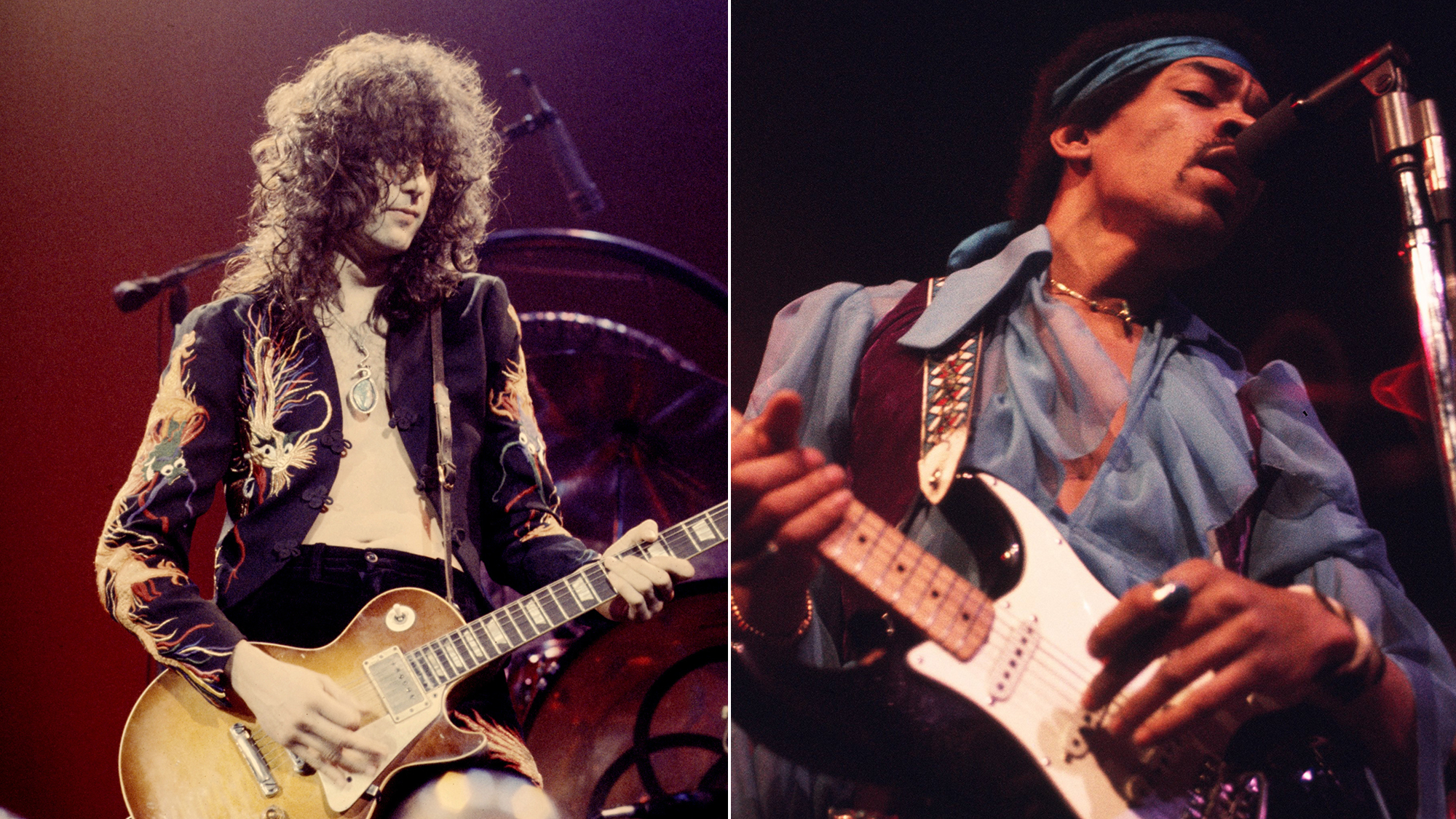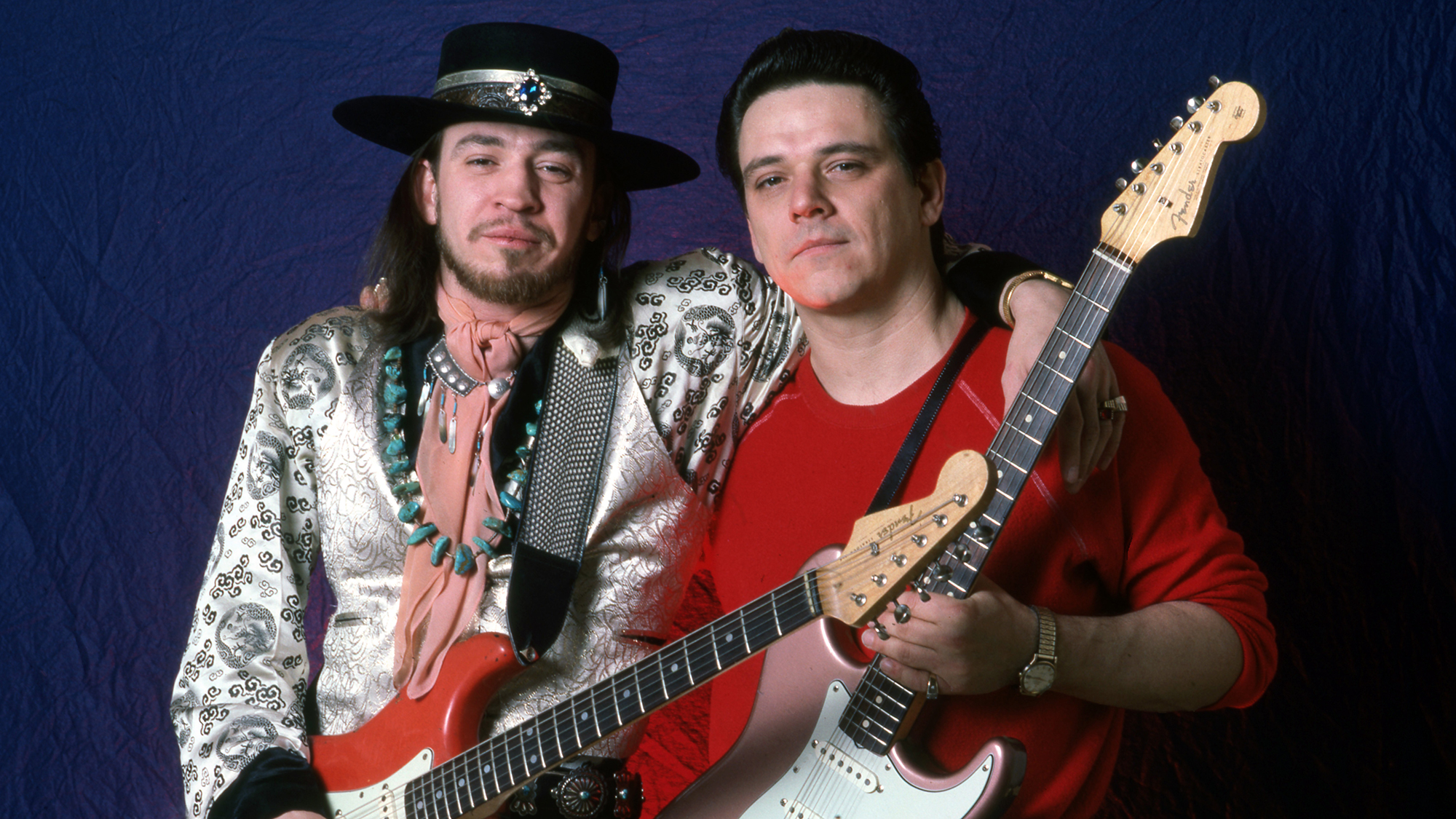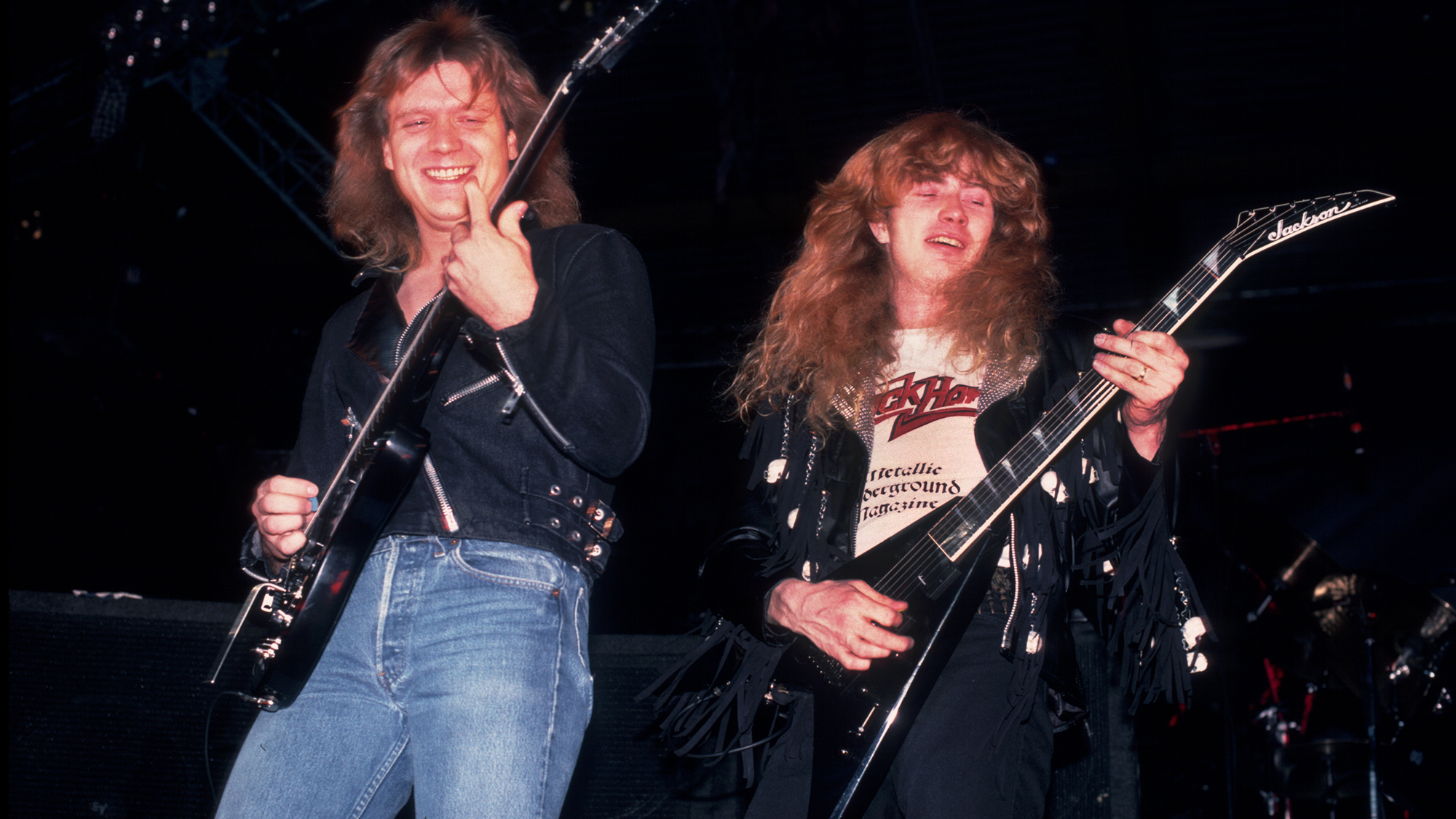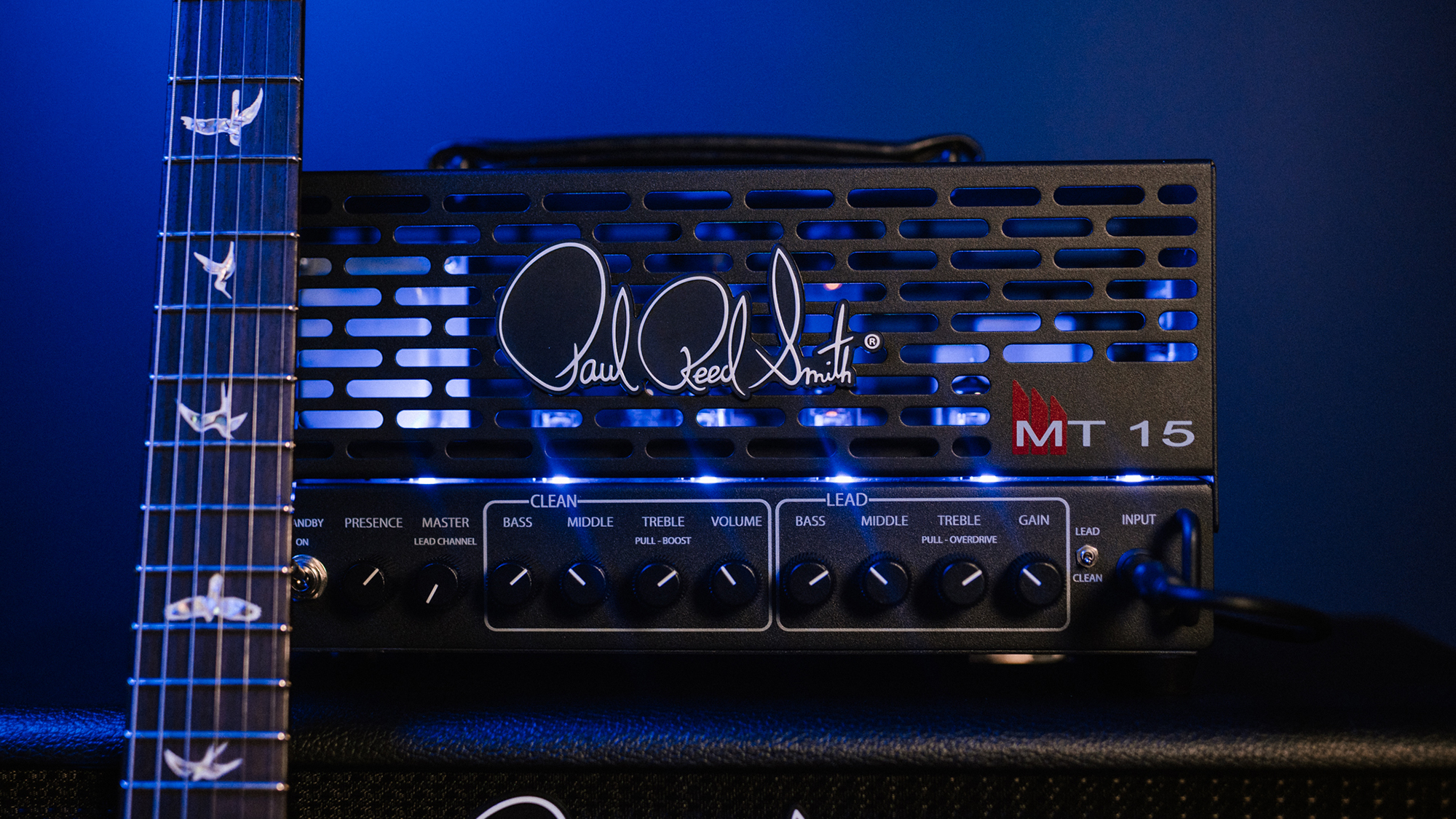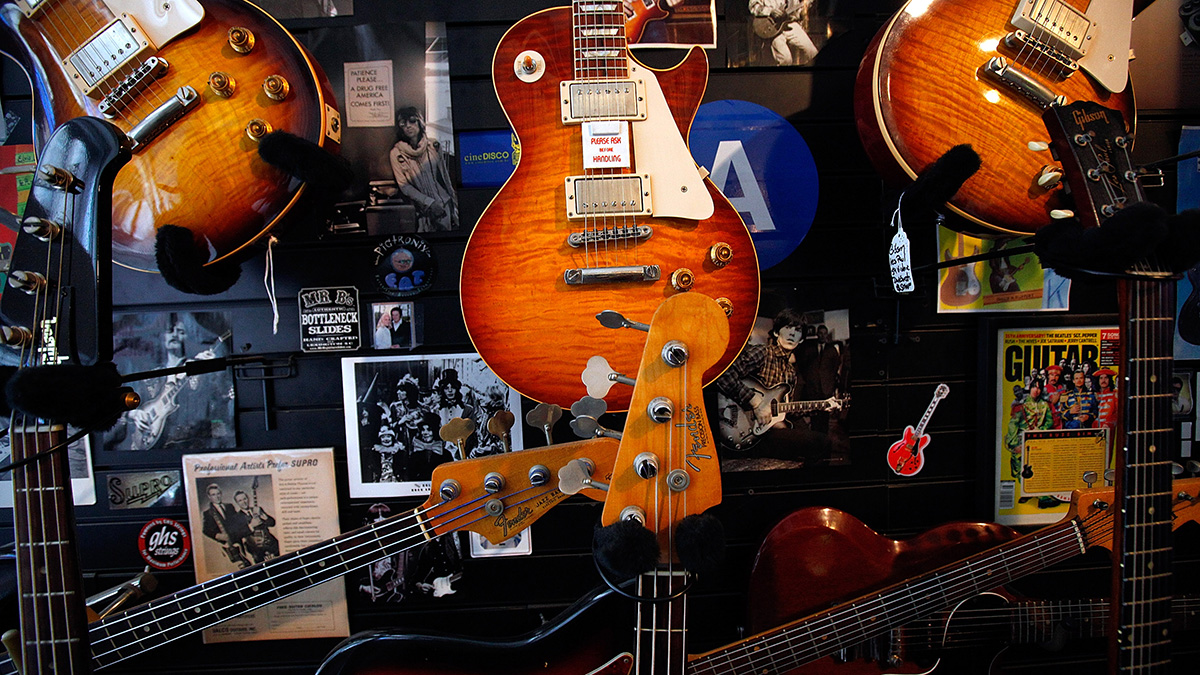Legendary Muscle Shoals guitarist Pete Carr dies aged 70
Carr played on classic recordings from Paul Simon, Bob Seger, Rod Stewart and many others
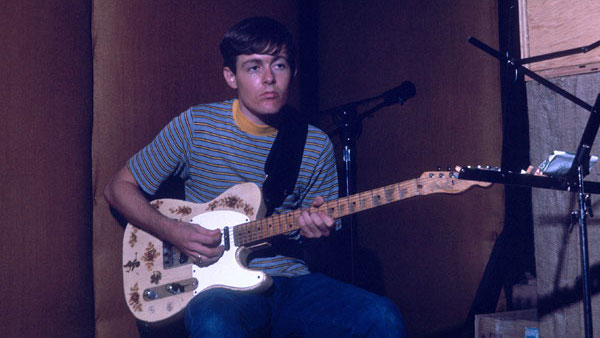
Muscle Shoals Rhythm Section guitarist Pete Carr, who played with everyone from Duane and Gregg Allman and Paul Simon to Rod Stewart and Bob Seger, died on June 20 in Florence, Alabama. He was 70 years old.
As the lead guitarist for the famed studio band, Carr contributed to hits including Simon’s Kodachrome, Stewart’s Tonight’s the Night and Seger’s Mainstreet – that’s him playing the song’s iconic electric guitar lead.
Carr also played with Joan Baez, Cat Stevens, Donovan, Luther Ingram, Joe Cocker, Boz Scaggs, the Staple Singers, Barbra Streisand, Wilson Pickett, José Feliciano and Hank Williams, Jr., among many others.
Born in Daytona Beach on April 22, 1950, Jesse Willard “Pete” Carr began playing guitar at 13, inspired by bands like the Beatles, the Rolling Stones and the Ventures, as well as players like James Burton and Chet Atkins.
Two years later, he caught a performance by the Houserockers, an early version of the Allman Joys, in Daytona and introduced himself to Gregg and Duane Allman.
"I was about 15, and I went to see the Allman Joys play at the Club Martinique in Daytona Beach," Carr recalled to Swampland.com. "I had my guitar case with me, and introduced myself when the band took a break and asked Gregg Allman to show me some guitar lines.
“Gregg replied, ‘That's my brother, Duane's, department.’ At that point I introduced myself to Duane Allman. That meeting began a friendship, which lasted until Duane's death in a motorcycle crash on October 29,1971.”
Get The Pick Newsletter
All the latest guitar news, interviews, lessons, reviews, deals and more, direct to your inbox!
In 1968, Carr and the Allmans began playing together in the group Hour Glass. They produced one album, Power of Love, with Carr primarily on bass guitar, as well as undertook some recordings at the legendary FAME Studios in Muscle Shoals.
After Hour Glass dissolved, Carr opted to focus full-time on studio work, moving to Muscle Shoals and eventually becoming the lead guitarist of the Muscle Shoals Rhythm Section in the early 1970s.
Over the next decade he performed on countless classic rock and pop recordings, including Simon’s There Goes Rhymin’ Simon and Still Crazy After All These Years, and seven Seger albums, including Stranger in Town, Against the Wind and Like a Rock.
Carr also recorded four solo albums and led the duo LeBlanc & Carr with singer and songwriter Lenny LeBlanc. The pair notched a Top 20 single with the 1977 song Falling.
In 1981, Carr appeared onstage with Simon & Garfunkel at the duo’s massive reunion concert in New York City’s Central Park, playing acoustic and electric guitar.
Asked about the biggest thrill of his music career, Carr told Swampland that it’s “really hard to answer,” before going on to praise Simon.
“I always thought Paul Simon was fantastic, in the same league as the Beatles, so when he walked in the studio the first time it was a very awe-inspiring moment for me," he said.
“I remember vividly as he walked through the front door and I saw his face. I had taught myself an acoustic guitar instrumental he did on a Simon and Garfunkel album called Angie when I was a kid. I always thought that he was one of the best, if not the best songwriter ever.”
Rich is the co-author of the best-selling Nöthin' But a Good Time: The Uncensored History of the '80s Hard Rock Explosion. He is also a recording and performing musician, and a former editor of Guitar World magazine and executive editor of Guitar Aficionado magazine. He has authored several additional books, among them Kurt Cobain: Montage of Heck, the companion to the documentary of the same name.
“I’d always seen the guitar as a thing for really accomplished people like Jimi Hendrix – watching Nirvana on MTV Unplugged exploded my brain”: Studio nerd Corinne Bailey Rae broke through after moving on from her punk roots. Then she went back
“Elton said, ‘I'd better buy that guitar just to have in my house.’ I played it and said, ‘Yeah, you'd better buy it, so I can play it when I come by’”: One of Davey Johnstone's favorite guitars was once a piece of upscale decor for his superstar bandmate


